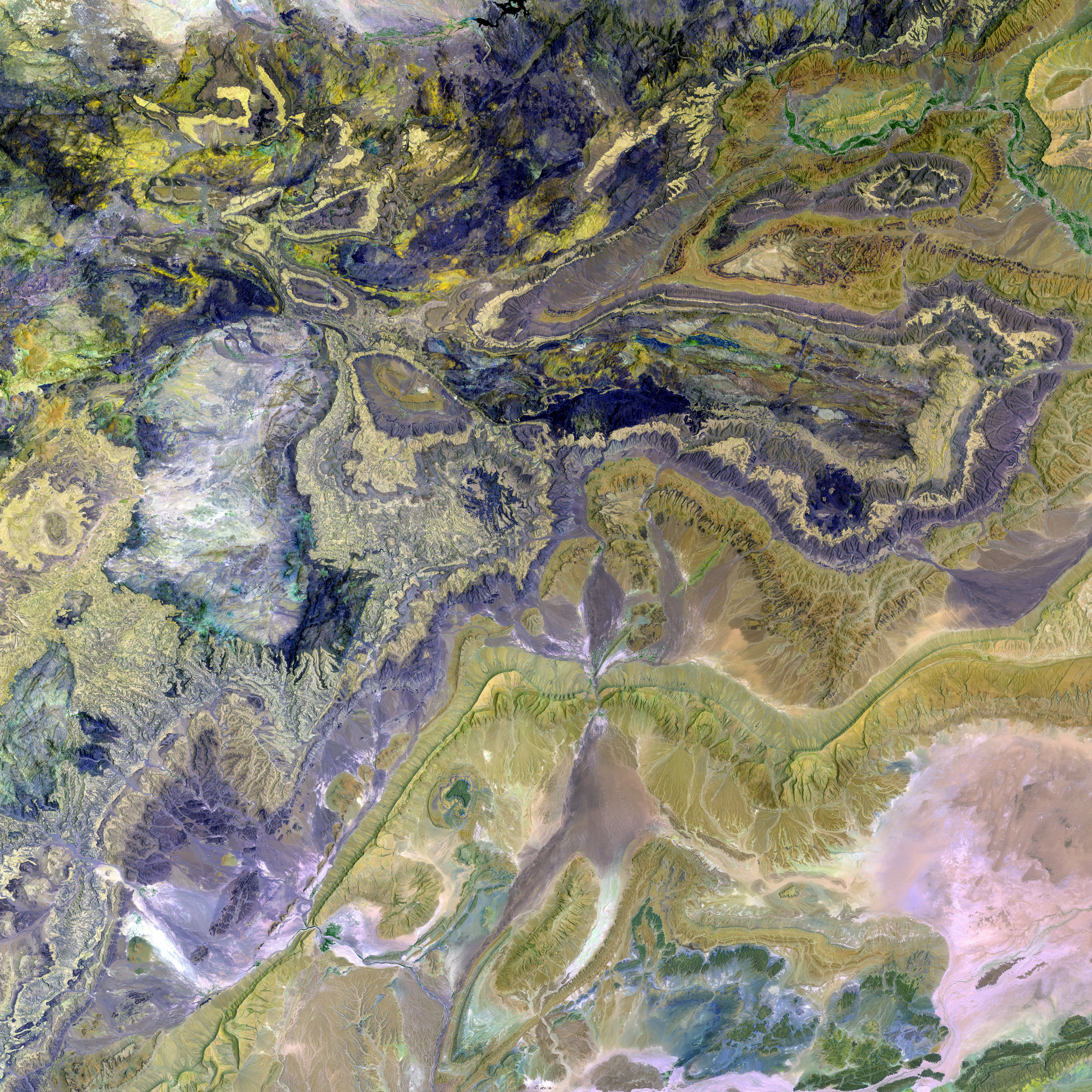Expanding Border Defenses towards Belarus: Poland's Planned Upgrades Amidst Rising Security Issues
In a determined move to boost national security, Polish Prime Minister Donald Tusk, in a press conference with the Finnish Prime Minister, unveiled plans for a swift modernization of the border defense along the Poland-Belarus frontier. This action underscores Poland's commitment to preserving its borders as geopolitical tensions in the region heighten.
Tusk underscored the significance of a unified approach to border security, emphasizing the necessity for Poland, Finland, and the Baltic states to share responsibility in fortifying their borders against Russia and Belarus. "If our borders with Russia and Belarus are to remain secure, Finland and Poland, in conjunction with the Baltic nations, must take on their share of responsibility. No links can be weak," Tusk declared.
The expansion of the border barrier has been a focal point of contentious debate within Poland. The debate was initially kindled by concerns over unsupervised migration and security threats and intensified during the election campaign, with contrasting views on the barrier's justification and its role in controlling immigration from Belarus.
Tusk addressed the discord surrounding the barrier, dismissing claims concerning its removal during the election campaign as "one of the mostsymbolic lies of PiS." His declaration aims to set the record straight and focus on the practicalities of border security.
Previously, Poland completed the construction of a new steel wall along its border with Belarus to curb the influx of undocumented asylum seekers. This barrier—standing 5.5 meters (18 feet) high and spanning 186 kilometers (115 miles)—was a reaction to the Belarusian government enticing migrants to try entering the European Union. The investment, totaling 353 million euros ($407 million euros), was a response toBelarus' encouragement of migration.
The implementation of barriers and stringent border controls form a part of Poland's strategy to manage unchecked migration and address security concerns. This strategy includes erecting walls and fences along the frontier with Belarus and imposing restrictions that limit border crossings.
The hybrid warfare waged against Poland, involving Russia's encouragement of illegal migrants to cross the Polish-Belarusian border, poses a challenging security dilemma for Warsaw. This strategy became more pronounced in 2021, amid broader geopolitical tensions, where Belarus, with suspected Russian backing, seemingly facilitated the relocation of migrants from the Middle East and Africa towards the EU's borders, particularly Poland's. At its peak, this engineered movement led to a significant increase in illegal border crossings, placing immense strain on Polish border security and the EU's external borders. In response, Poland constructed a robust barrier along its border with Belarus. This physical fortification significantly contributed to reducing the number of undocumented migrants. By enhancing surveillance and physical barriers, Poland was able to drastically decrease the number of unauthorized border crossings, demonstrating the effectiveness of infrastructure in confronting hybrid threats.
The government had previously confided in Business Insider Polska their intentions to augment the border barrier, including the construction of an electronic barrier along the water sections of the border with Belarus. This project, extending over 219 kilometers, is part of Poland's broader strategy to strengthen its defensive infrastructure, with funding from the EU.
Tusk's announcement also signifies a broader engagement with European Union mechanisms for border security, indicating how Poland is utilizing EU resources to address mutual security challenges. This collaboration not only solidifies Poland's borders but also safeguards the collective security of the EU's external frontiers.
As Poland embarks on this ambitious project to modernize its border barrier with Belarus, the initiative represents a vital component of the nation's comprehensive security strategy. By reinforcing its borders, Poland aims to protect its sovereignty and preserve stability amid external pressures; ensuring the safety of its citizens and the integrity of the European Union's eastern boundary.
The modernization of the Poland-Belarus border barrier represents a momentous step in Poland's efforts to enhance national and regional security. As geopolitical conditions evolve, Poland's proactive measures underscore the importance of preparedness, cooperation, and resilience in shielding the nation and its European partners.
*Stay tuned for updates on News from Poland on *X (Twitter) where you can stay informed.***
Sign up to receive weekly recap of News from Poland.
Every Saturday.
We don't spam!
Check your inbox or spam folder to confirm your subscription.
Stay informed, stay updated with Poland's hybrid warfare challenges and responses.
- In response to geopolitical tensions in the region, Poland's Prime Minister, Donald Tusk, is working towards modernizing the border defense along the Poland-Belarus frontier, joining Finland and the Baltic states in fortifying their borders against Russia and Belarus.
- Tusk emphasized that a unified approach to border security is essential, as no links can be weak if Poland and Finland, together with the Baltic nations, are to maintain secure borders with Russia and Belarus.
- The expansion of the border barrier has stirred debate within Poland, particularly regarding unchecked migration and security threats, which intensified during the election campaign.
- Tusk dismissed claims that the border barrier would be removed as "a misleading statement," focusing instead on the practicalities of border security.
- Poland has already constructed a new steel wall along its border with Belarus to curb the influx of undocumented asylum seekers, a significant investment totaling 353 million euros ($407 million euros).
- The government plans to augment the border barrier, including constructing an electronic barrier along water sections of the border with Belarus, as part of their strategy to manage unchecked migration and address security concerns.
- The hybrid warfare waged against Poland, involving Russia's encouragement of illegal migrants to cross the Polish-Belarusian border, poses a challenging security dilemma for Warsaw.
- Tusk's announcement also indicates Poland's broader engagement with European Union mechanisms for border security, using EU resources to address mutual security challenges and safeguard the collective security of the EU's external frontiers.









